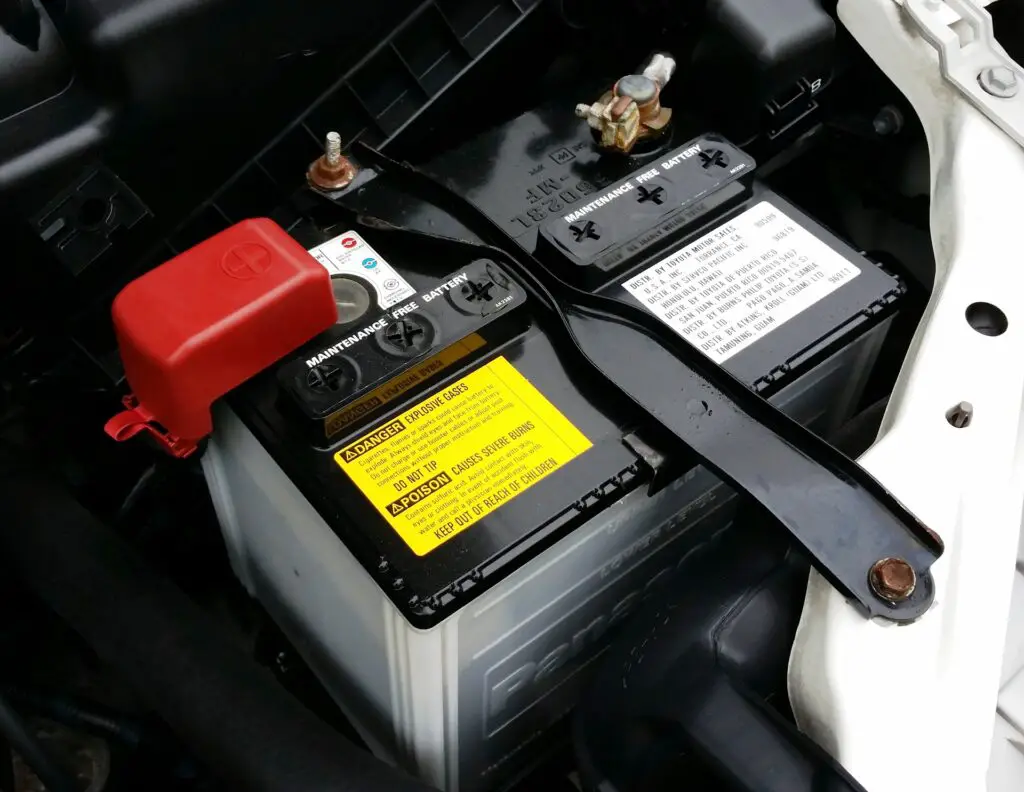Do you own a car, a driver, or an enthusiast, Your car battery is more than just a box under the hood—it’s the powerhouse that ensures your vehicle runs smoothly. Understanding the critical roles a car battery plays can help you maintain it better and avoid unexpected breakdowns. Here are the 5 key functions of a car battery and why they matter.
1. Powering the Starter Motor
The primary function of a car battery is to provide the energy needed to start your vehicle. When you turn the ignition key or press the start button, the battery sends an electric current to the starter motor, which then turns the engine over. Without a functioning battery, your car won’t start.
2. Supplying Power to Electrical Systems
Even when your engine is off, your car’s battery powers essential systems, including:
- Interior and exterior lights
- Alarm and keyless entry systems
- Clock and radio settings
The battery ensures these components stay operational when the car isn’t running, so you can lock and unlock your car, access lighting, or listen to the radio.
3. Stabilizing Voltage
A car’s electrical system relies on a stable and consistent voltage supply to operate efficiently. The battery acts as a buffer, smoothing out voltage fluctuations caused by the alternator or other electrical components. This function protects sensitive electronics, such as your car’s onboard computer, infotainment system, and sensors, from damage.

4. Supporting the Alternator
While the alternator generates electricity when the engine is running, the battery plays a supportive role. During moments of high electrical demand—such as running the air conditioning, heated seats, or powerful audio systems—the battery provides additional power to ensure everything functions properly without straining the alternator.
5. Acting as an Emergency Backup
In case the alternator fails or your engine stalls, the car battery serves as an emergency power source. It keeps critical systems like hazard lights, power steering, and brakes operational long enough for you to safely pull over or seek help.
Tips for Maintaining Your Car Battery
To ensure your battery continues performing these vital functions, follow these maintenance tips:
- Test Regularly: Have your battery tested during routine maintenance to check its health and voltage.
- Clean Terminals: Remove corrosion from the terminals to maintain a good connection.
- Drive Regularly: Short trips may not fully recharge the battery. Longer drives help maintain its charge.
- Avoid Parasitic Drains: Turn off lights, electronics, and other systems when the car is not running.
- Inspect the Charging System: Ensure the alternator and related components are in good condition to prevent battery strain.
Final Thoughts
Your car battery does much more than just start your vehicle. By powering critical systems, stabilizing voltage, and acting as a reliable backup, it plays a pivotal role in keeping your car running smoothly. Regular maintenance and care can extend its life and ensure you’re never left stranded.
Have any battery maintenance tips or experiences to share? Leave them in the comments below!
Discover more from Chikwem
Subscribe to get the latest posts sent to your email.